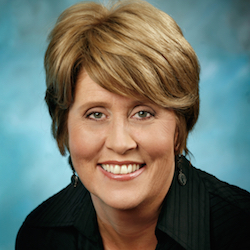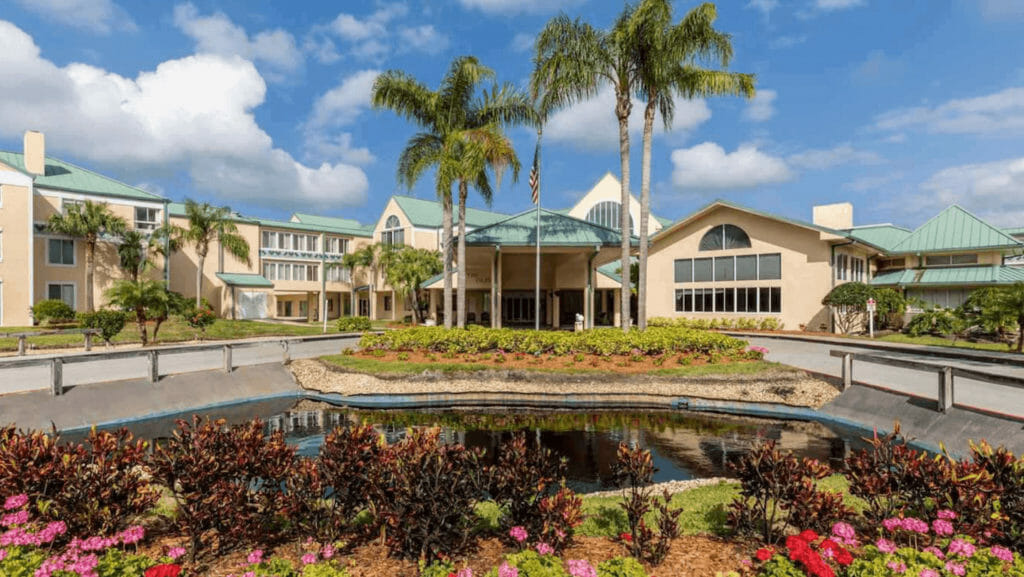
Music accompanies us on our journey and connects us to people, places and events in our lives. It is cross-coded into life passages and is a powerful stimulus for the brain, both emotionally and cognitively. When it comes to memory care — when semantics, comprehension, working memory and processing are getting muddled and lost — music reaches into places where neural activity still may be intact or least somewhat active.
Several reasons exist why music is a natural choice in supporting people living with dementia.
1. Support and stimulation of memory. Lyric recall and musical melodies may be remembered when names, faces and menus are forgotten. Neuroscience teaches us why. Music gets stored in both sides of the brain; music gets processed in the brain in many places. For example, melody gets processed in one place; words are stored in another; various parts of rhythm such as tempo, duration, metre, in other places; harmony somewhere else. This may be why in dementia, one is able to retain musical events, because they are stored beyond an impacted area.
2. The effect of neuroplasticity. New songs and musical skills, and even language recovery, may be learned because of neuroplasticity. Neurons find a way to connect around a blocked or damaged area in the brain making it possible to form new neural pathways. This may be possible for some people with dementia.
3. Triggers. Music triggers and helps people with dementia recollect events, people and places that have emotional connections that have been important and meaningful. When memories first are stored, feelings often are attached with them. We know that memories are stronger when attached to emotions.
4. Expression and nonverbal communication. Music acts as a form of nonverbal communication and a way to express in dementia care. Naomi Feil, MSW, founder of validation therapy, demonstrates this well in her encounter with Gladys Wilson. Music powerfully reframes what would be considered a responsive behavior. Gladys’ tapping action, which moves in exact time with the rhythm, becomes an opportunity for connection, intimacy and communication.
5. Personalized music. Research shows that familiar music has the greatest effect on health and well-being. Not that other music can’t be used, but to optimize impact, preferred music works best. Personalized music may reduce agitated or combative behaviors. Individualized music helps to restructure identity and preserve the self in a person with dementia.
6. Carryover effect. Carryover effect — that is, affecting connections and appropriate behaviors because of musical engagement — may last from one hour up to six weeks. Although carryover effect does not occur every time, music has the capacity to reconnect neural pathways and wake up that which may be broken, lost or dormant.
7. Psychosocial needs. Doing music together contributes to quality of life. This may happen through music listening, music-making or engaging in musical conversations. In this way, key psychosocial needs in people with dementia, identified by Tom Kitwood, Ph.D., such as inclusion, attachment, occupation and comfort, may be met.
8. Caregiver implementation. Caregiver-implemented musical activities rather than therapist-led sessions may reduce frustration for a person with dementia. Participating with family members, especially singing, is a very accessible way for meaningful interaction to occur. Singing can be performed by care staff when administering medication, bathing, portering, transferring, etc.
9. Whole trajectory accompaniment. Music is an activity that can be used throughout the dementia trajectory. While a person is in the early stages of dementia, music may stimulate a recollection or memory; in mid-stage, singing helps in cognition. Singing is recommended as an integral part of any programming provided for persons in late-stage dementia. At the end of life, music provides beauty and aesthetic as well as comfort and intimacy.
10. Co-modality. Music may be used with other modalities, such as dance, art, cooking, drama, crafts, etc. It can provide a soothing or stimulating background when working in tandem. Music by itself or used in a co-modal way offers meaningful activity to people with dementia.
Bev Foster, MA, BEd, BMus, ARCT, AMus, is executive director of the Room 217 Foundation, a social enterprise dedicated to care through music. Room 217 music care resources are in dementia care and palliative and end of life care across Canada and beyond.
McKnight’s Senior Living welcomes marketplace columns on subjects of value to the industry. Please see our submission guidelines for more information.




